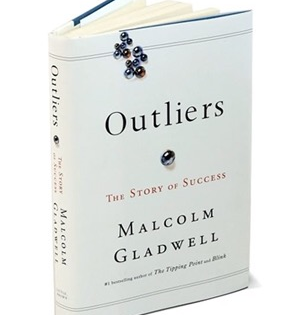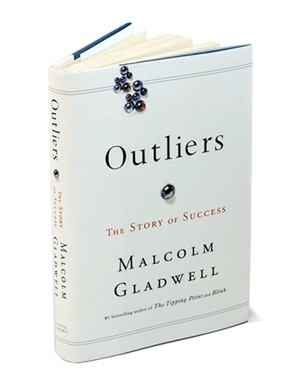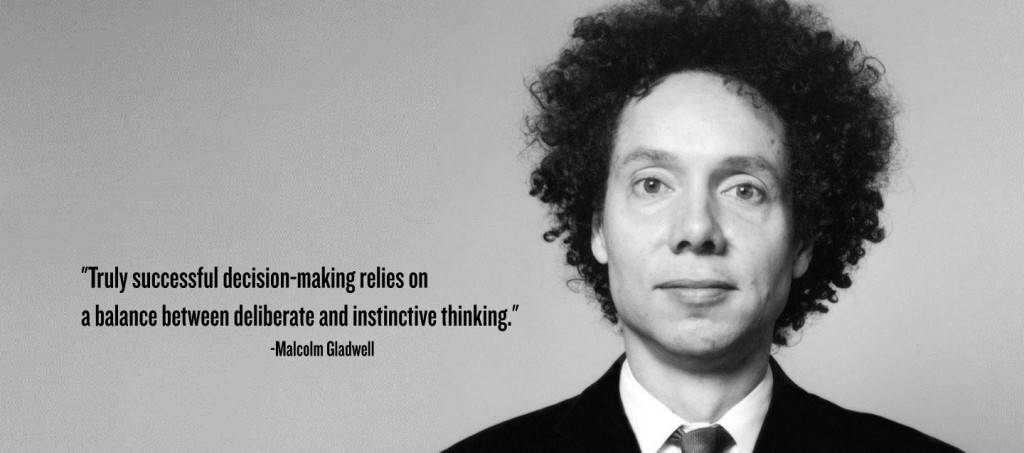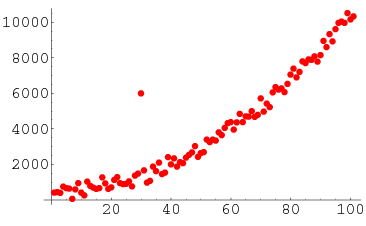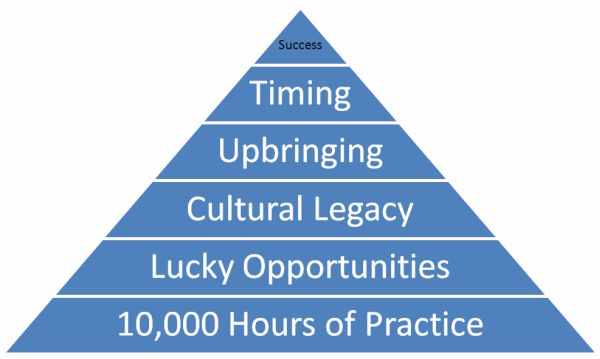Outliers by Malcolm Gladwell
So recently I read the book entitled Outliers by Malcolm Gladwell and I know that this book has been around for quite some time now since it was published in 2008. However, I finally jumped on board and read the book and found it to be quite an entertaining read, very insightful and informative into exactly how world famous renowned experts have become so good at their particular skill and art.
But you may be thinking to yourself what makes this book by Malcolm Gladwell so different to any other biography or expose about highly successful people in their particular field of expertise. Well the big difference about this book is that it doesn’t just look at the personal ambitions and traits of successful people instead it also looks at a whole range of other surrounding factors which provide for a common pattern of successful people in a particular chosen field.
Rather than just focusing on how successful people have worked hard and been influenced by other great people, this book, Outliers by Malcolm Gladwell digs deeper to explore how particular subjective features of these successful people have help them achieve their success. Such things like their family, their birthplace, their age and even the date that they were born are all significant factors which Malcolm Gladwell significantly highlights in his book to show that there is more to success and mastery than meets the eye.
It is pretty obvious that Gladwell gives more attention to the ‘nurture over nature’ philosophy but that is not to say he completely discounts the natural ability of someone to to be great and have an innate natural ability to excel at what they do. But certainly the main theme of discussion is based upon the ability to nurture someone to greatness with the right patterns of opportunity rather than sheer natural excellence.
Whilst some have criticized Gladwell for taking this more one sided approach to his book at the end of the day he is not out to enter into the nature vs nurture debate but rather highlight particular patterns that have emerged through research of some of the most incredibly successful and influential people of our time.
Who is Malcolm Gladwell?
Canadian born journalist, bestselling author and speaker who is now a New Yorker, Gladwell is not your usual writer. He doesn’t just regurgitate opinions and research in ways which offers a relatively linear level of comprehension or insight but rather he goes beyond normal analysis to write about the unexpected results that have been found to be true from the social sciences.
Mr Gladwell puts a lot of emphasis of his writing and research on the psychology and sociology surrounding the issues that he talks about. So if you are keen on reading more about really what makes people tick, how humans think, act and feel and what’s more, what drives us to become experts and achieve greater success in life then Malcolm Gladwell is definitely an author you should look into.
His book Outliers is a fantastic place to start in order to engage yourself with the type of writing that Malcolm Gladwell offers us.
Gladwell’s books and articles often deal with the unexpected implications of research and looks at the cultural and societal forces which lay a platform for success in opportunistic individuals. A lot of reference is given to the areas of sociology, psychology, and social psychology.
What are the Outliers?
To begin with let’s get our head around what an “outlier” is?
When seeking to better understand what an outlier is in relation to Malcolm Gladwell’s book Outliers we should get a firm understanding as to what outliers are in statistical terms. This is important since Malcolm Gladwell’s book looks at various different subjective features which exist when doing research on highly successful people of our world. This is the underlining emphasis of this book which is made clear by Gladwell in showing how specific subject of features which exist in these highly successful people often do not exist with the average person.
In statistical terms, an outlier is an observation point that is distant from other observations. An outlier may be due to variability in the measurement or it may indicate experimental error; the latter are sometimes excluded from the data set to obtain the mean variability. However, it is specifically these outliers that we should be interested in and what features exist within these outliers to allow them to perform so much better that the rest of the mean group.
Malcolm Gladwell refers to these unique subjective features that exist within the outliers which can be seen at times as a common denominator to the formula for success.
In particular the book points out that when a number of specific features and opportunities exist it can form a unique type of person who can excel to significant heights in their chosen field. Whether it be computer science, ice hockey, golf, lawyers, politicians, musicians or other areas that people throughout history have shown exceptional performance in then Gladwell highlights the various ingredients that have existed to enable these people to become the best of the best in their chosen fields.
This focus on outliers shows us that often it takes a whole lot more than skill and determination to become exceptional at something. Gladwell shows us that it can also take a whole range of subjective features and unique opportunities to be present in order create a person who is considered to be exceptional at what they do. It’s almost like a special chemical reaction where all the ingredients need to come together to create a specific reaction.
In Outliers, Gladwell highlights a whole range of examples where these unique features and opportunities combined with what he calls the 10,000 hour rule have resulted in created some of the most exceptional human beings the world has seen – they are the Outliers.
What is the 10,000 Hour Rule?
The 10,000 Hour Rule is most probably one of the biggest concepts to come out of Gladwell’s book Outliers. In a nutshell what does it come down to, well it’s all about practice.
Malcolm Gladwell looks at how many exceptional people who have become world renowned for a particular skill or profession have not just gotten to that position through sheer skill and determination but rather through persistence, consistency and intelligent practice.
Ever heard of the saying that “practice makes perfect” well that is exactly what the 10,000 Hour Rule is all about. Smart practice and enough of it will assist anyone in becoming a specialist in their chosen field. But it is the 10,000 hours of practice which Gladwell shows to be of significance since that is exactly what it has been show to take for many experts to become the best in their field.
Journey to Success for an Outlier?
